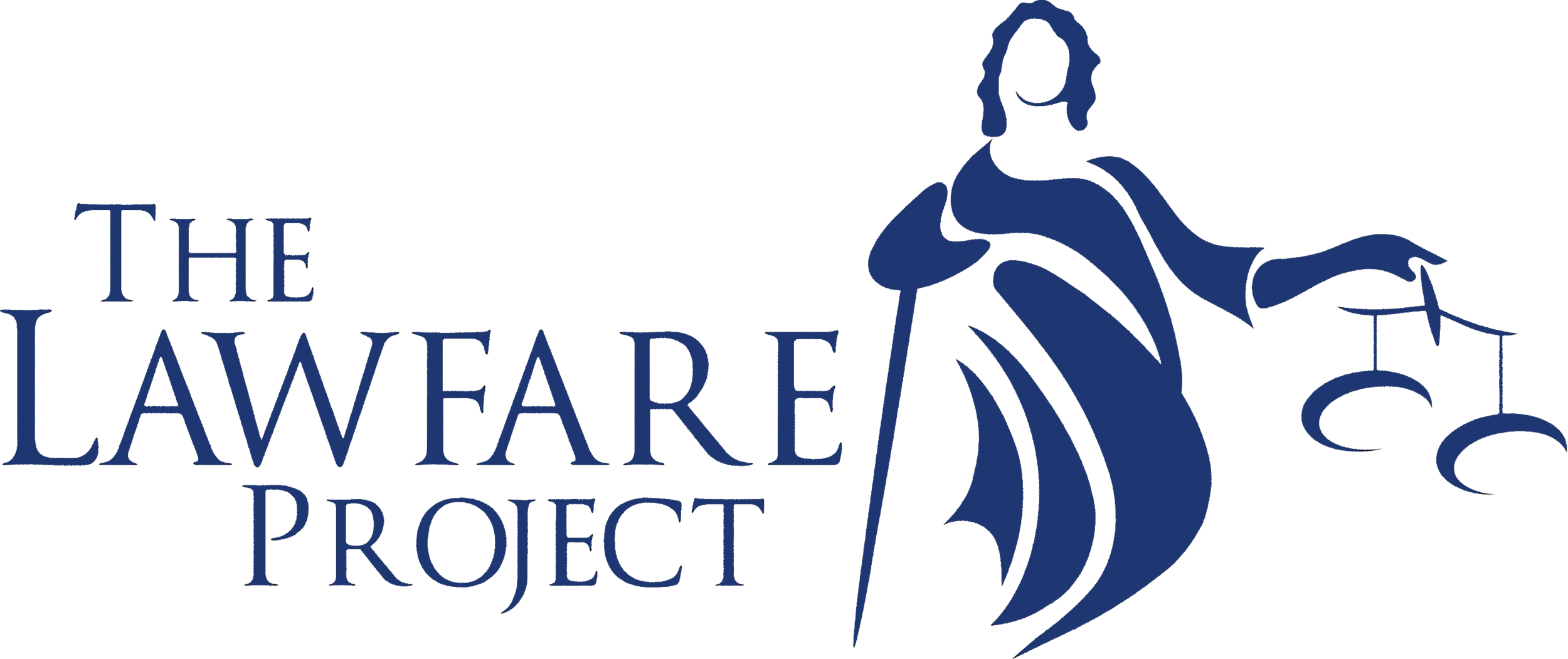Seven New Legal Victories in Spain Over the Israel Boycott Campaign
Since mid-July 2017, courts across Spain have annulled—or suspended while proceedings were underway—a number of city council decisions to boycott Israel, while other cities have overturned their own boycotts after being summoned by court bailiffs.
In proceedings led by the The Lawfare Project’s counsel in Spain, courts in Barcelona, Madrid, and Alicante have issued injunctions suspending the boycott of Israel in El Prat de Llobregat, Badia del Valles (Barcelona), Navalafuente (Madrid), and Muro (Alicante). Within weeks, the courts nullified the boycotts in Badia and Corvera (Asturias), while the city councils of Navalafuente and Castrillón (Asturias) surrendered their positions, acknowledging the legal reasoning of our complaints and asking the courts to declare their boycotts and statements of allegiance to the BDS (Boycott, Divestments and Sanctions) campaign null and void under the law.
The most important legal success was achieved in Andalusia where, on grounds of breach of equal access of suppliers to public contracts and non-discrimination, a court issued yet another writ of injunction against the restrictions of public procurement enacted by the City Council of Ayamonte. That council’s boycott had employed new language than was used in other boycott decisions, requesting from bidders on any public tender a compulsory affidavit of any “compliance with violations of human rights and international law against the Palestinians”—that is, engaging in trade with Israel.
This new formulation of the boycott, which incorrectly deems engaging in free trade with Israel as contrary to international law, was developed in 2016 in Europe by the BDS campaign, and is based on an erroneous extension of EU policies on public procurement. This new form of boycott was presented in the early months of 2017 as “legally impregnable” in several BDS fora and conferences. Clearly, such designation was incorrect.
The injunction against the Ayamonte council is the first legal defeat against this new class of boycott. The legal argument that such boycotts breach civil rights is based on both international law and EU directives on public procurement, and it is directly applicable in the 27 member states of the EU, as well as in the EFTA (European Free Trade Association), EEA (European Economic Area), and EU candidate and pre-candidate countries.
Of particular note, the argument will apply against any future implementation by EU countries of the UN Human Rights Council’s March 24, 2016 resolution, which requested the High Commissioner for Human Rights to produce a “database” of all business enterprises involved with the “Israeli settlements”.
“The BDS campaign continues to concoct new maneuvers in attempt to skirt existing laws and further its bigoted goal: economically isolating and ultimately bankrupting the Jewish state,” said Benjamin Ryberg, The Lawfare Project’s Chief Operating Officer and Director of Research. “Unfortunately for the campaign, The Lawfare Project and our Spanish counsel, Ignacio-Wenley Palacios Iglesias, relentlessly develop creative and powerful legal arguments to ensure that these attempts are exposed as nothing more than unlawful discrimination, and are treated accordingly by the courts.”
“Socially responsible public procurement may take into account social considerations in tenders,” said Palacios Iglesias, “but it cannot under the pious rubric of ‘human rights’ bring a pitiless persecution of bidders in a toxic piñata of civil rights breaches, such as equal access to the award of public contracts, equality before the law, and the interdiction of discrimination based on national origin or the engagement in free trade under the WTO Agreements.”
